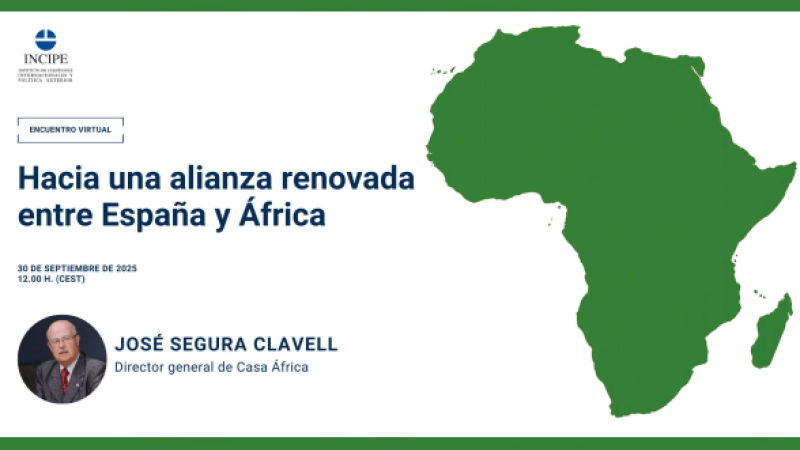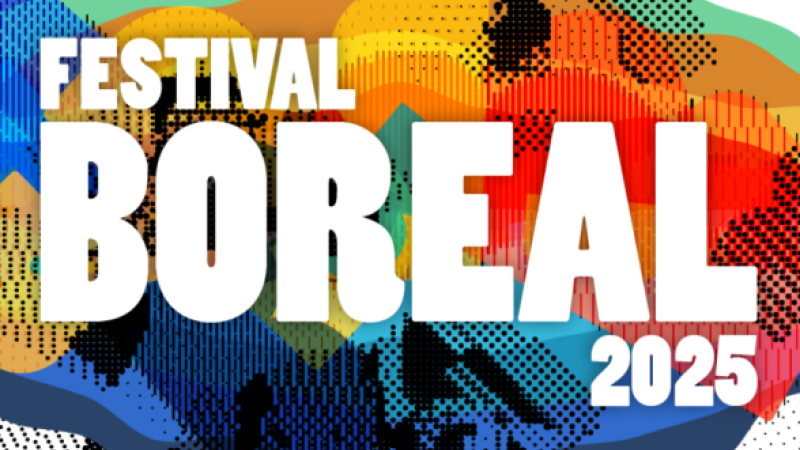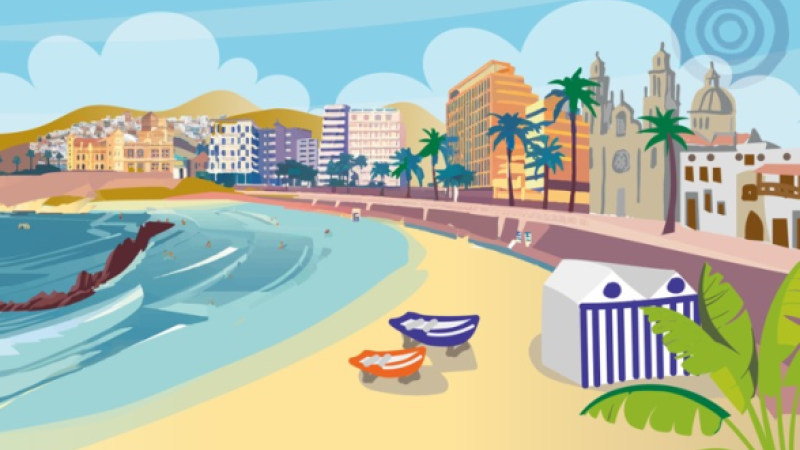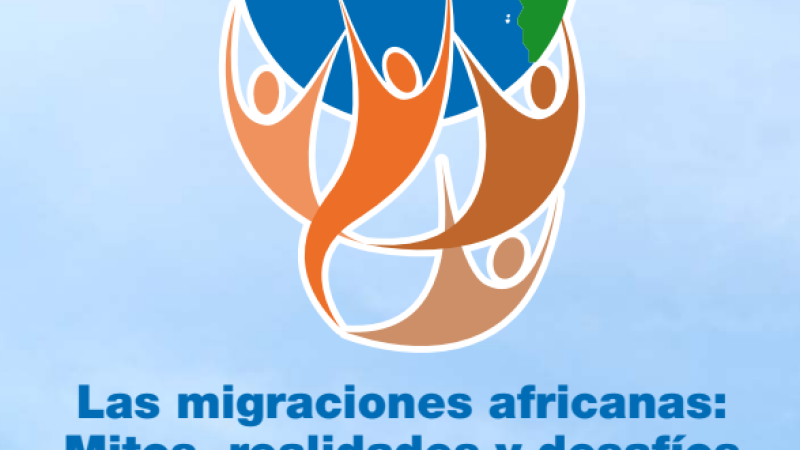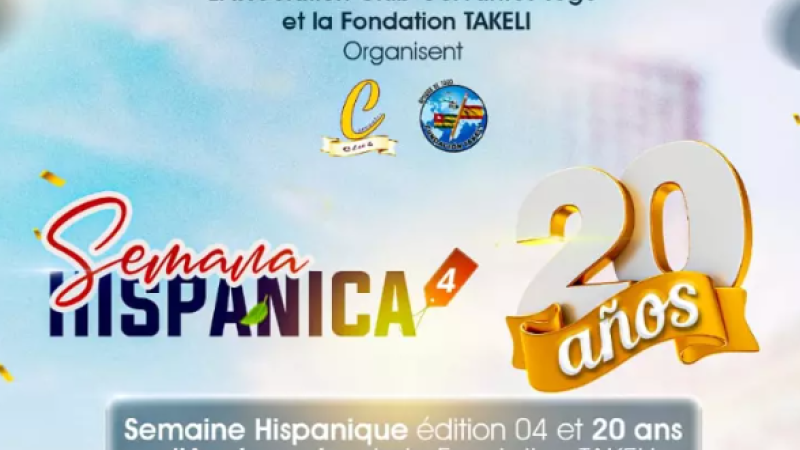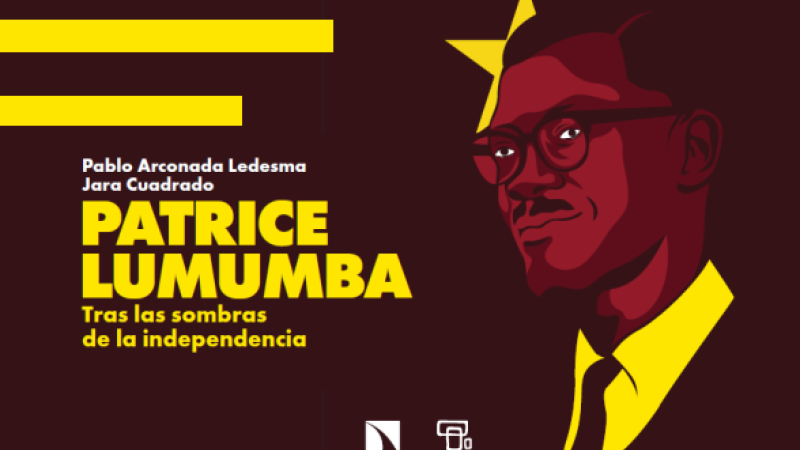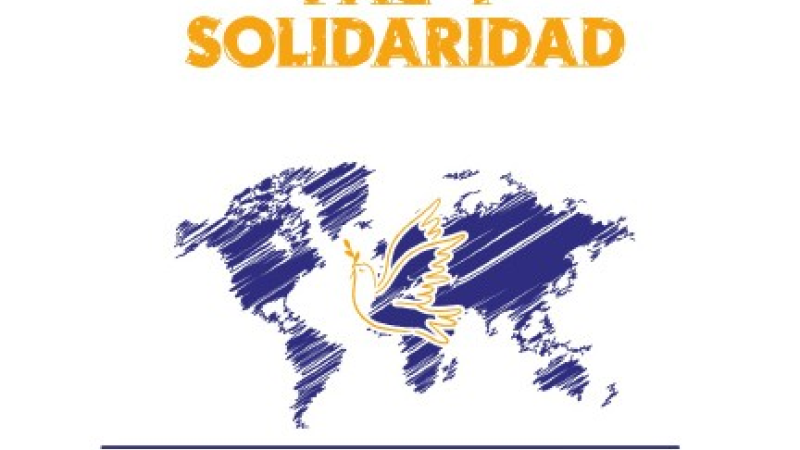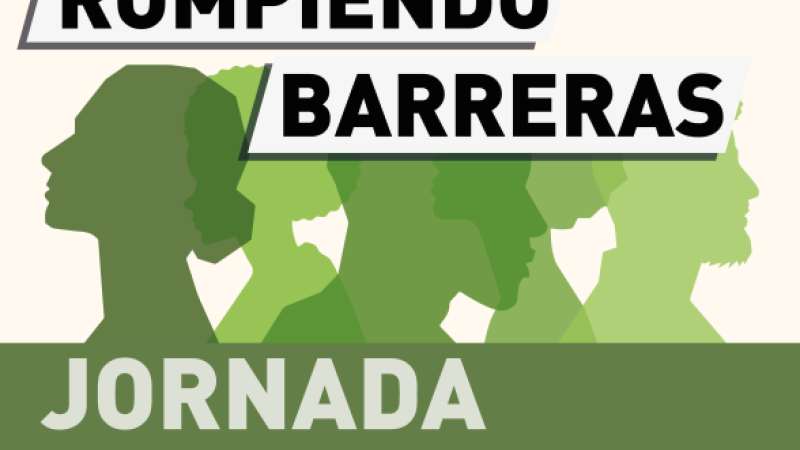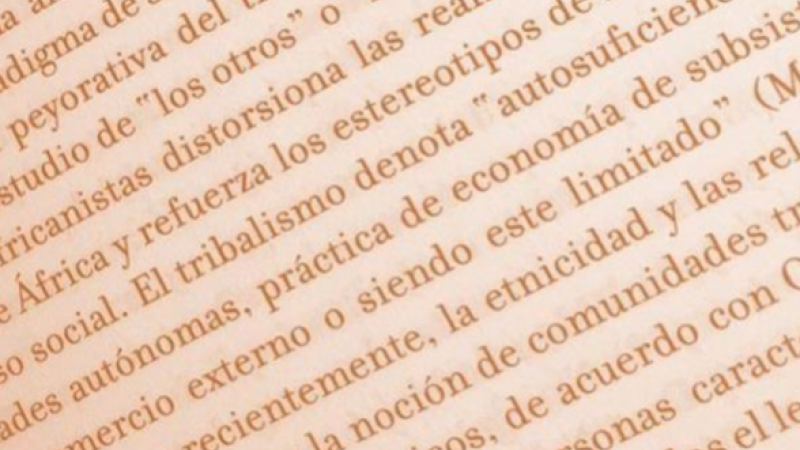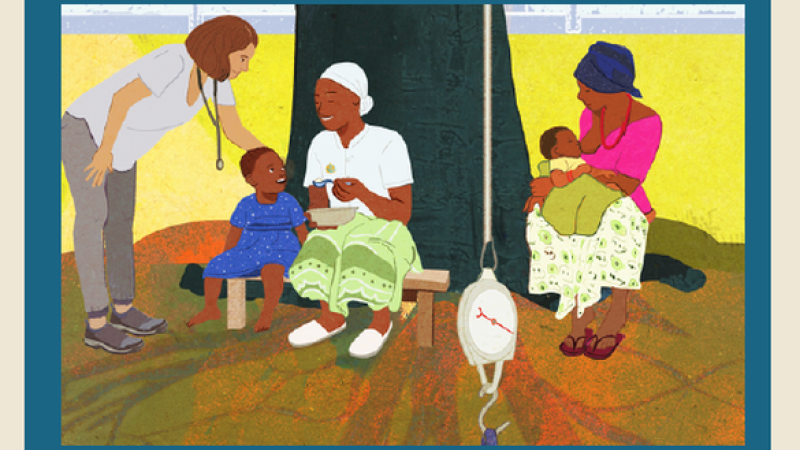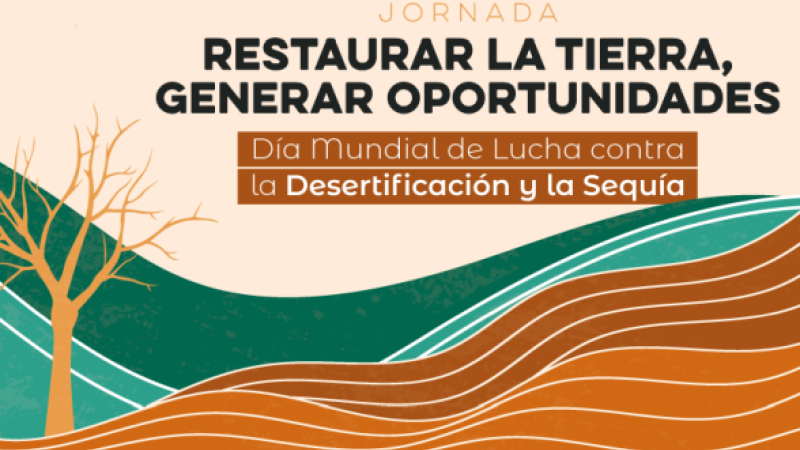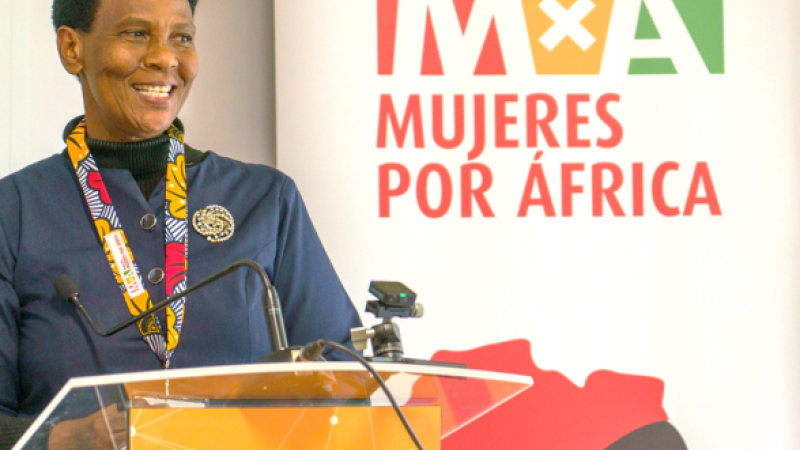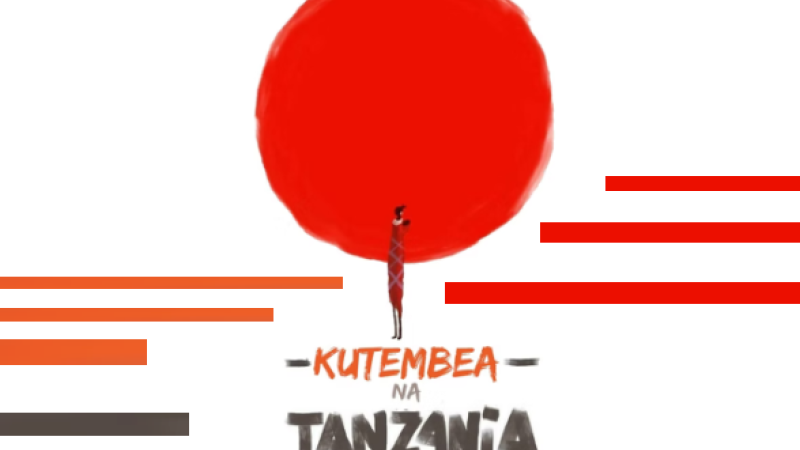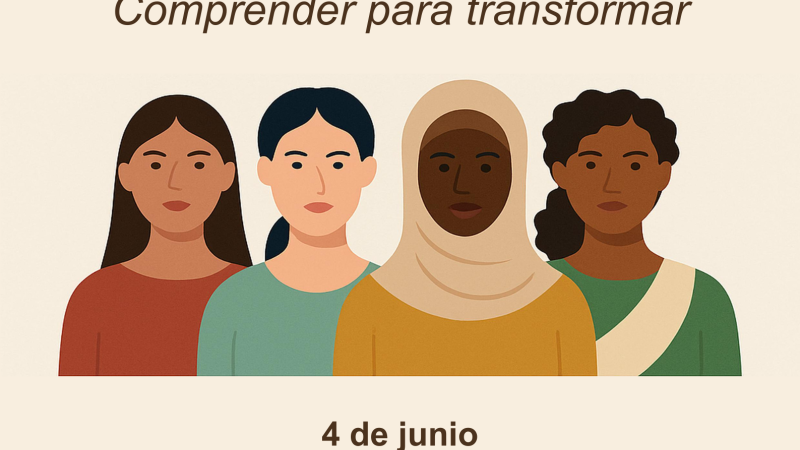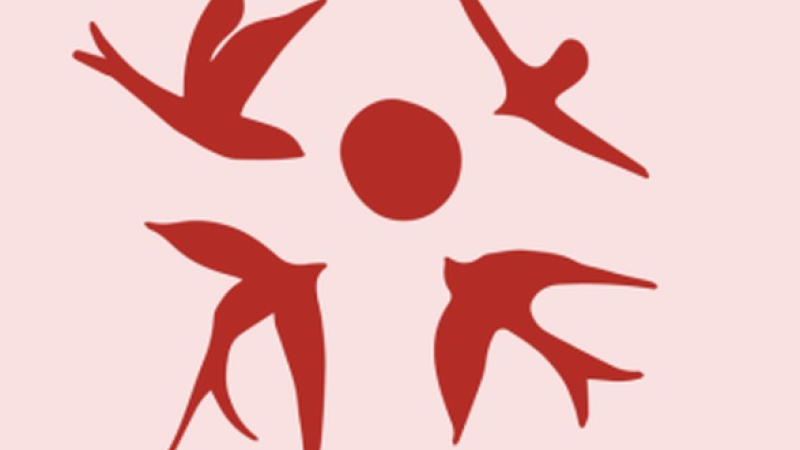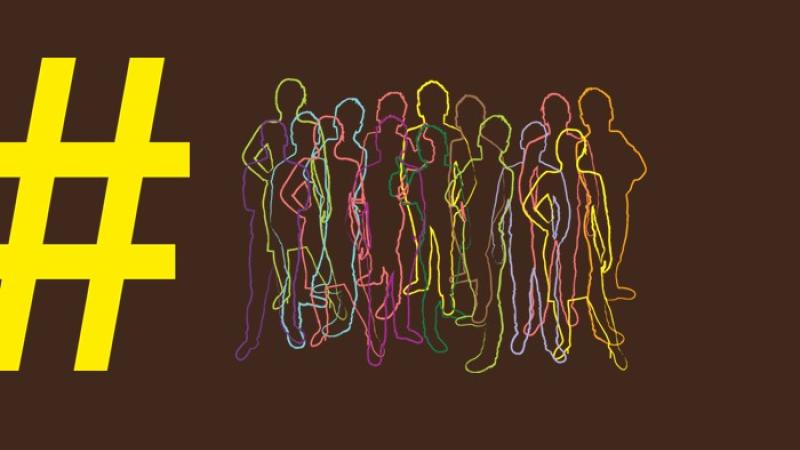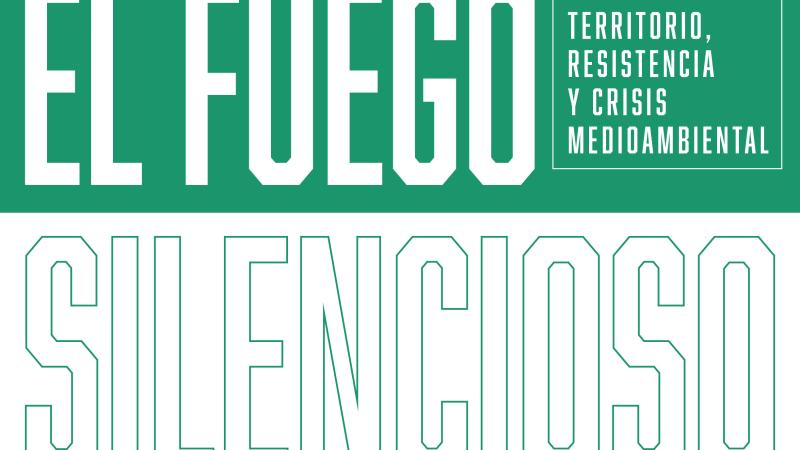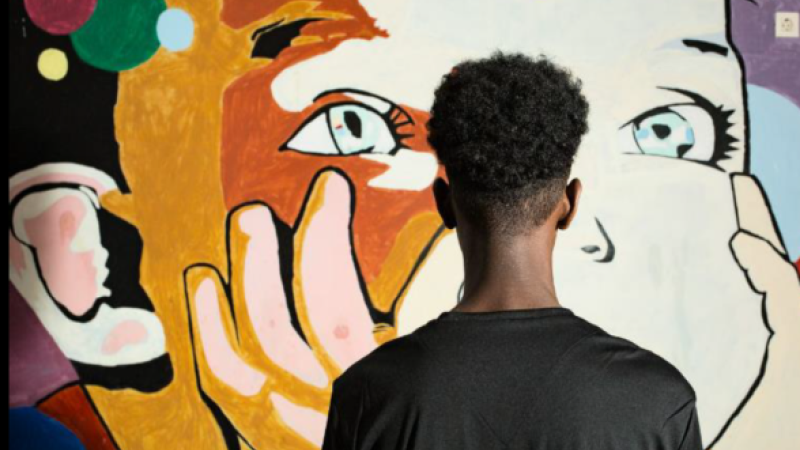Status message
In development mode.Error message
Publicación del IV Premio de Ensayo Casa África dentro de su Colección
Casa África created its Essay Collection from its start, an editorial line that has been created to give visibility to the knowledge of African thinkers, writers and theorists as well as Africanists, so as to support the study and research on matters that deal with the continent's development and potential from a point of view that is far away from stereotypes with which we have usually tackled African reality.
On these lines, Casa África annually awards the Essay Prizes, to encourage the investigation and dissemination of knowledge on African issues and whose winners will get, as well as a cash prize, the satisfaction of seeing their work published, which goes on to form part of Casa África's Essay Collection, published in collaboration with the Editorial Los libros de la Catarata.
The theme chosen for the 2012 invitation to these Essay Prizes was 'Journalism, communication and new technologies in Africa', a heading which covers all the communication made on and from Africa: the way the continent and its inhabitants are reported in both the Western media as well as the African media, the communication of Africa from Africa or the use that Africans make of the new technologies for development, connection with the rest of the world, dissemination of contents and social change. It is regarding the subject’s last approach that the work by Antoni Castel and Carlos Bajo is focused on, and which was a winner before the jury who especially valued the contribution it makes to the knowledge of creative and militant use of ICT by African civil societies and their contribution to the continent's democratization.
Social networks in Africa: instruments for transformation and change is the title of this essay which was the winner of the fourth edition of Casa África's Essay Prizes and that now is printed as part of this institution's Essay Collection. The text, written by Antoni Castel Tremosa and Carlos Bajo Erro, analyses the creative and militant use of ICT by civil society on the African continent and its subsequent contribution to the democratisation of its countries, where it opens up channels for citizens to take part in the control of political processes - with a special effect on electoral ones - and collaborate in the social transformations that come from it.
The work by Castel and Bajo uses the examples of Senegal, Angola and Kenya to show the different social platforms where citizens act as activists, journalists and even electoral observers. These are initiatives that guarantee a greater transparency in electoral processes, the response to autocratic regimes, and lastly, control by citizens for the politicians' actions and the construction of a new model for society. The sms in Mozambique, Ushaidi in Kenya, Sahara Reporters or Battabox in Nigeria or #sunu2002 in Senegal are some of the experiences in the social networks that are described in this work, which is especially focused on observing citizens through social networks during the last electoral process in Senegal and the blogospheres of Ghana and Angola.
This essay's conclusion is that despite the relatively low penetration of the Internet on the African continent, cyberspace opens up new opportunities to the popular response to anti-democratic regimes and the construction of new political and social structures, as well as channelling the concerns of many social sectors through militancy or digital activism. The appropriation of the social networks and web 2.0 in Africa goes beyond use, familiarity and right up to power, and allows users to modify its original uses for different digital ideas and adapt them to the specific needs of each community. A fascinating context that is open to thousands of opportunities which makes, in the opinion of Castel and Bajo, the evolution of the social networks and Internet in Africa to be as unpredictable as it is seductive.
Antoni Castel Tremosa is a Doctor of Communication Sciences and has a Degree in History. Professor of the Department of Media, Communication and Culture at the Universitat Autònoma of Barcelona (UAB) and co-director of the Master 'The communication of international armed conflicts, peace and social movements', he is co-author, among other publications of, Esfera pública africana (La Catarata) e Imaginar África (La Catarata)and signs Malas noticias de África (Bellaterra).
Carlos Bajo Erro has a degree in Journalism from the University of Navarra and has a post graduate in Communication of Conflicts and Peace from UAB and a Euro-African Master in Social Sciences: Culture and Development in Africa, inter-university coordinated by the Universitat Rovira i Virgili (URV). He is author of the book De la Provincia 53 a la segunda gran traición. Testimonios de los inmigrantes-refugiados saharauis en España.
